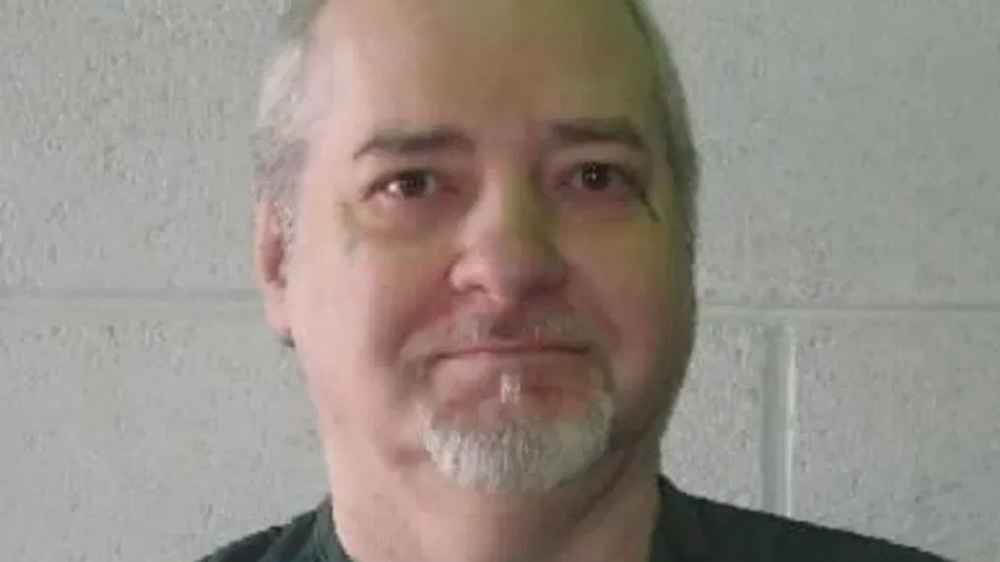The scheduled execution of Thomas Creech, a convicted serial killer on Idaho’s death row for over 40 years, was abruptly halted after 10 failed attempts to administer a lethal injection, according to his lawyers. Creech, 73, was brought into the execution chamber at the Idaho Maximum Security Institution on Wednesday morning, but the procedure was interrupted after the medical team struggled to establish an IV line.
Idaho Department of Correction Director Sanda Kuzeta-Cerimagic stated that the execution could not proceed as planned due to the medical team’s inability to establish an injection. Despite multiple efforts by a trio of medics, including injections in Creech’s arms, hands, ankles, and feet, they were unable to successfully insert the catheter into a vein.
Witnesses, including state officials and reporters, observed the distressing scene as Creech’s execution was repeatedly delayed. Despite being strapped to the table, Creech managed to extend his fingers toward his family members and advocates in a separate viewing room, expressing his love to them.
Following the failed attempts, the warden approached Creech and engaged in a private conversation with him for several minutes, signaling the halt of the execution. The Idaho Department of Correction announced that Creech’s death warrant would expire, and further steps would be considered.
Creech’s attorneys alleged that the state officials made 10 unsuccessful attempts to access veins in both of his arms. The botched execution highlights the challenges and controversies surrounding lethal injection protocols, raising questions about the effectiveness and humaneness of the procedure.
The incident underscores the complexities and ethical dilemmas associated with capital punishment, reigniting debates over the use of lethal injection as a method of execution. As Creech’s case unfolds, it brings renewed scrutiny to Idaho’s death penalty practices and the broader debate surrounding the morality and efficacy of state-sanctioned executions.
